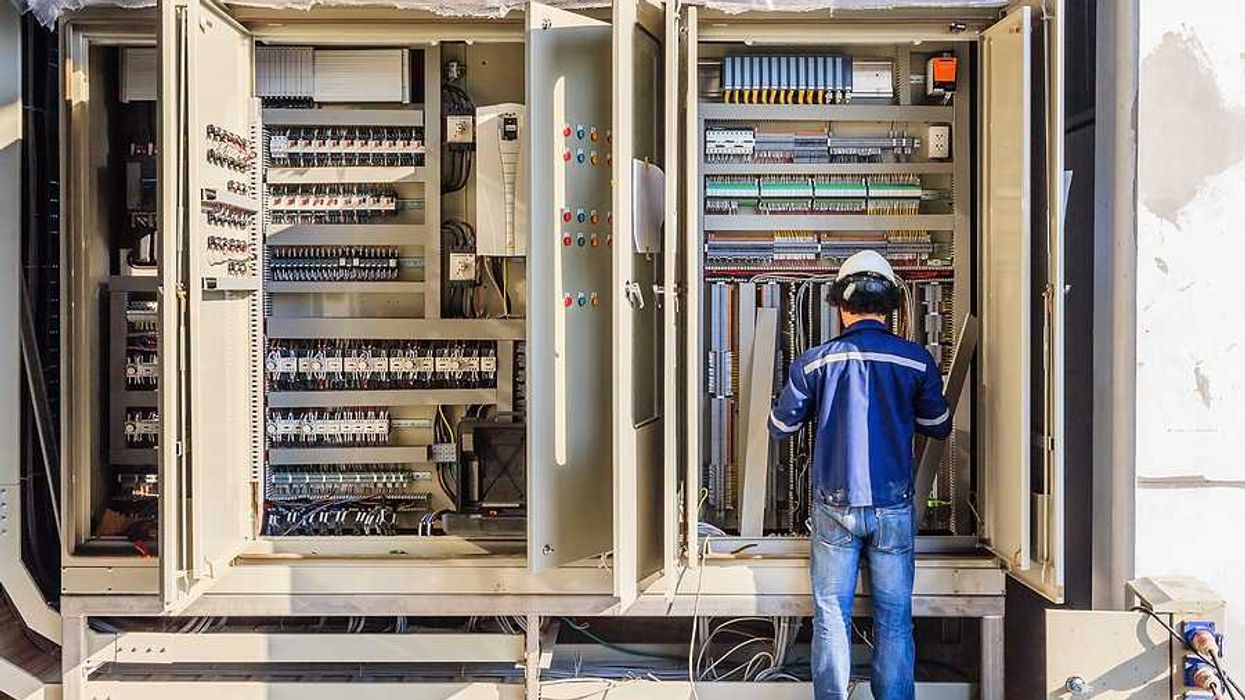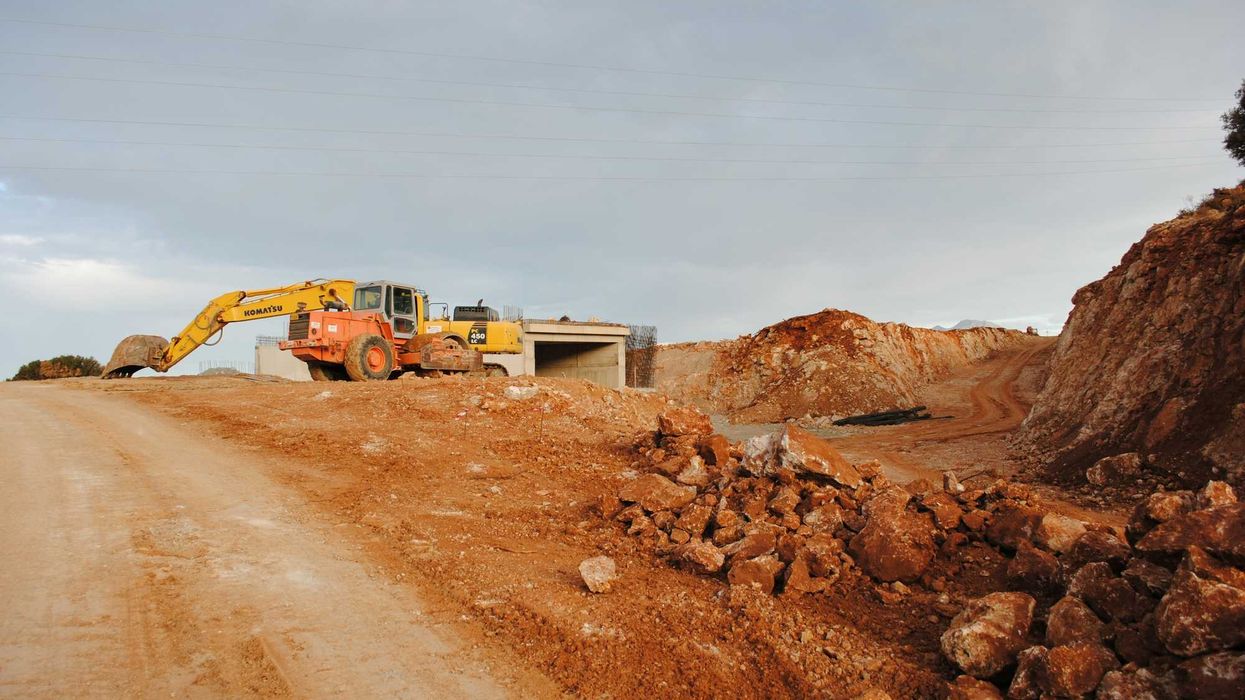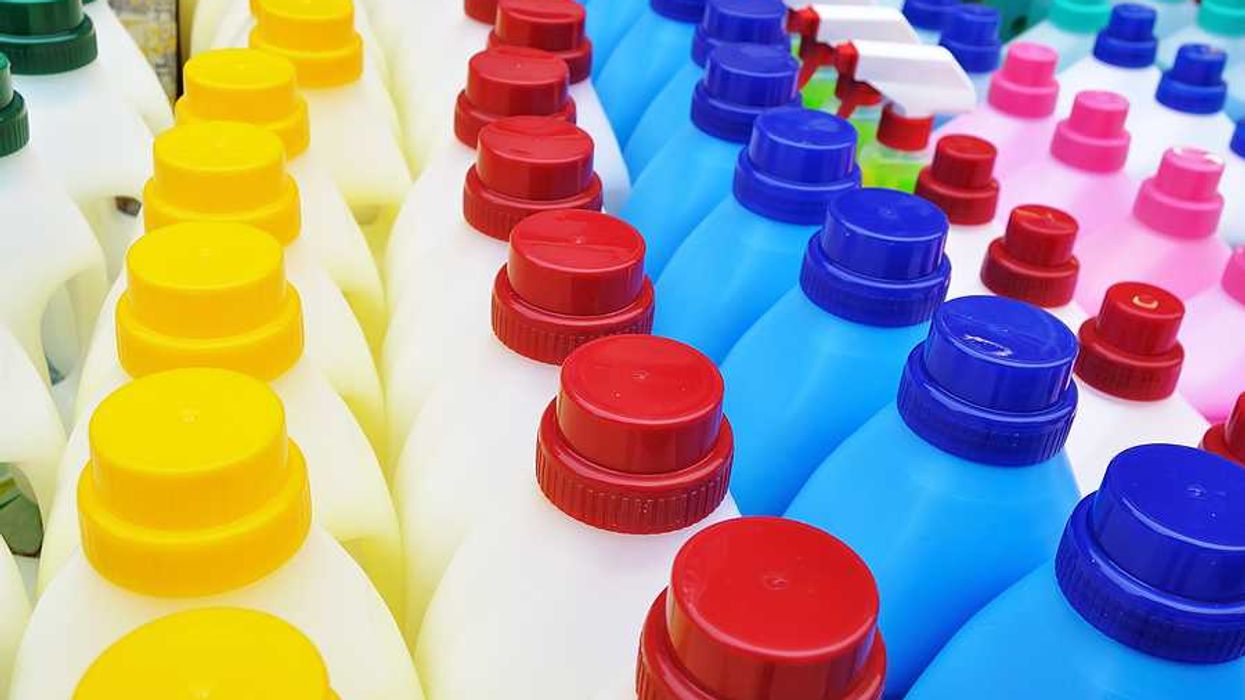Shell has retracted its ambitious plan to use advanced recycling to convert 1 million tonnes of plastic waste into oil annually by 2025, citing unfeasibility due to market conditions.
Dharna Noor reports for The Guardian.
In short:
- Shell's advanced recycling involves breaking down plastics into molecules for synthetic fuels or new plastics but faces technological and market challenges.
- Shell's retraction reflects concerns about the scalability and environmental impact of advanced recycling, which can produce more pollution than traditional methods.
- Despite this setback, Shell continues to expand its plastic production capabilities, including a new large-scale chemical complex.
Key quote:
"I have never said this before, but Shell has made a wise decision here. Chemical recycling is a polluting and unreliable way to address the growing problem of plastics."
— Judith Enck, president of Beyond Plastics
Why this matters:
Shell’s withdrawal from its advanced recycling pledge highlights the ongoing issues with chemical recycling technology. This shift underscores the need for more sustainable and effective solutions to address the global plastic waste crisis.














